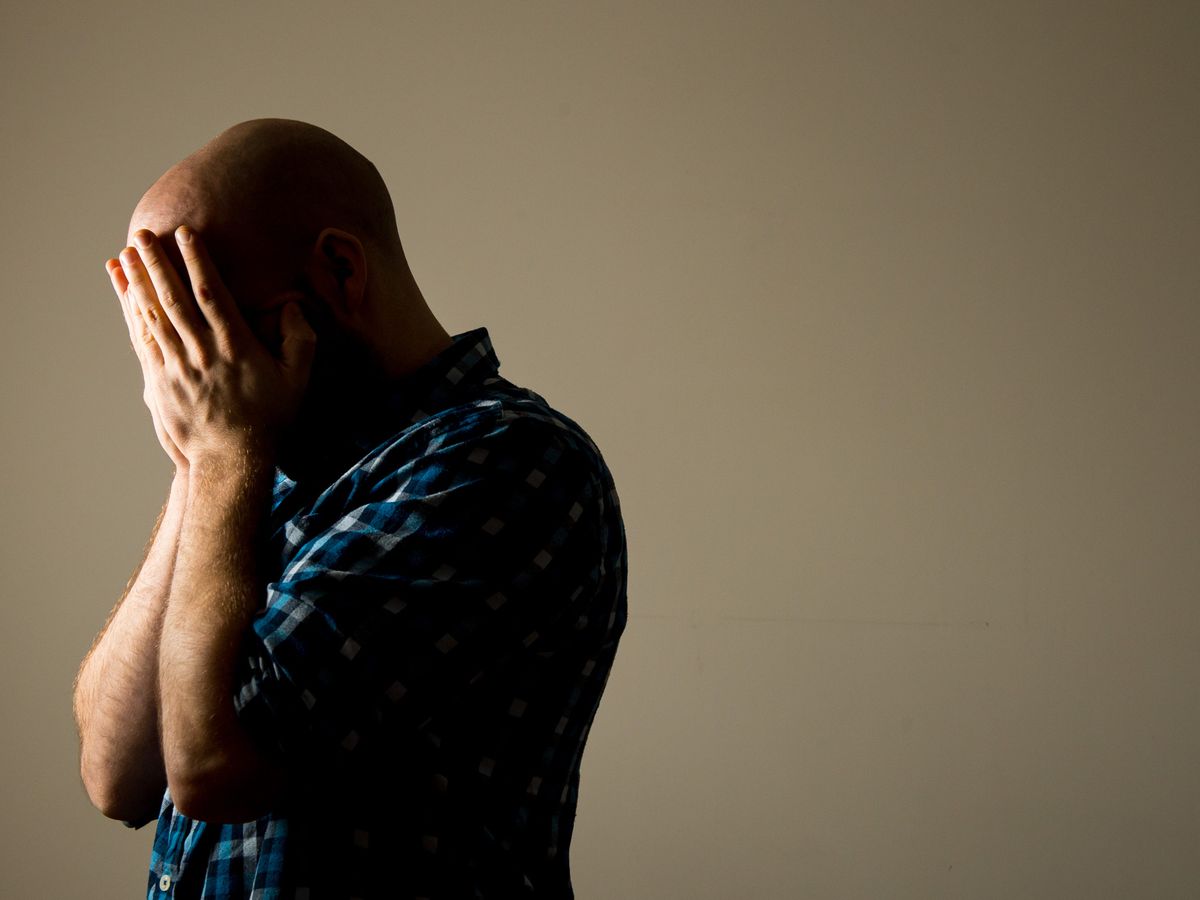NY Lawmakers to Debate Sweeping Changes to Mental Health Commitment Laws Amidst City Crisis

New York State lawmakers are poised to vote on significant revisions to involuntary commitment laws, a move spurred by the escalating mental health crisis gripping New York City. The proposed changes, largely mirroring Governor Kathy Hochul's initial plan, aim to broaden the criteria hospitals must evaluate before committing individuals and ease some existing requirements for medical professionals.
A Response to Growing Concerns
The debate comes as New York City grapples with a visible surge in individuals experiencing severe mental health challenges, often leading to public distress and strain on emergency services. Advocates and officials alike have voiced concerns about the current system, arguing it's inadequate to effectively address the needs of those struggling with debilitating mental illness while ensuring public safety.
Key Changes Proposed
Hochul's original proposal, and now the legislation being considered, centers on several key adjustments:
- Expanded Criteria for Commitment: Hospitals will be granted greater latitude in determining when involuntary commitment is necessary, potentially considering a wider range of factors beyond immediate danger. This could include assessing an individual’s potential for self-neglect or their inability to meet basic needs.
- Loosening Medical Professional Requirements: The legislation seeks to reduce the rigid requirements surrounding the medical professionals involved in the commitment process. This aims to streamline the evaluation process and ensure timely interventions when needed. Specific details on how this loosening will occur are still being debated.
- Focus on Supportive Housing and Services: Alongside the changes to commitment laws, the proposal emphasizes the need for increased investment in supportive housing and community-based mental health services. This acknowledges that involuntary commitment should be a last resort, and that robust support systems are crucial for long-term recovery.
Controversies and Concerns
The proposed changes haven't been without controversy. Civil liberties advocates have raised concerns about the potential for overreach and the risk of inappropriately restricting individuals' freedom. They argue that the focus should remain on voluntary treatment and robust community support, rather than relying on involuntary commitment as a primary solution. Furthermore, questions remain about the capacity of the existing mental health infrastructure to handle an influx of individuals requiring care, even with increased funding.
The Path Forward
The upcoming vote represents a pivotal moment in New York’s approach to mental health. Lawmakers face the challenge of balancing the need to protect vulnerable individuals and ensure public safety with the imperative to safeguard individual rights and promote voluntary treatment. The outcome of this vote will undoubtedly shape the future of mental health care in New York State for years to come. The bill’s proponents argue that these changes are a necessary step to address a crisis, while opponents warn of potential unintended consequences and the erosion of fundamental freedoms.
What's Next?
The legislation is expected to be debated extensively in the coming days, with lawmakers seeking to address the concerns raised by both advocates and critics. The vote is anticipated to be close, highlighting the complexity and sensitivity of the issue. Regardless of the outcome, the debate underscores the urgent need for a comprehensive and compassionate approach to mental health care in New York City and across the state.






